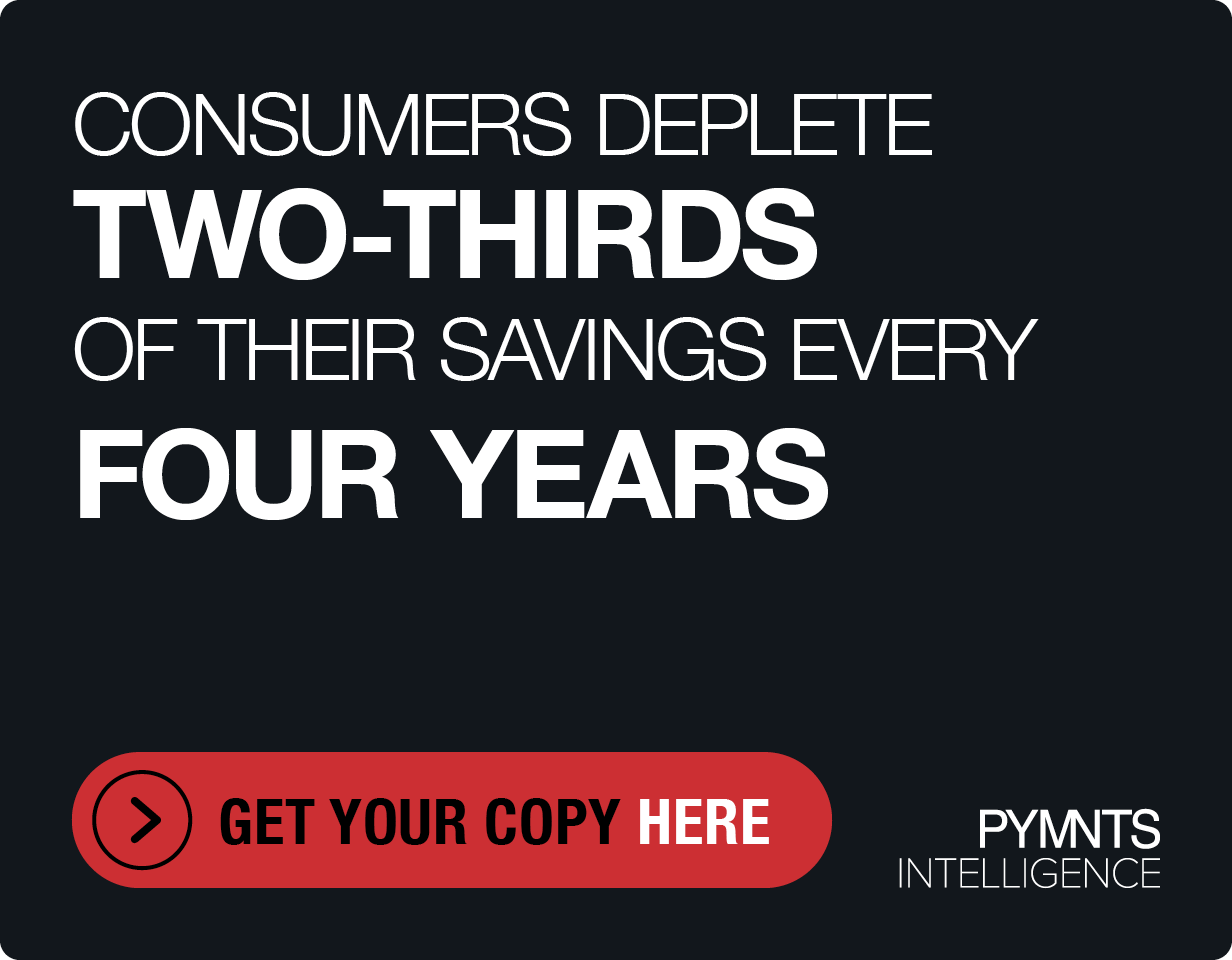COVID-19 Fuels 41 Pct Spike In Global Real-Time Payments

COVID-19 has dramatically increased reliance on real-time and digital payments, leading to a 41 percent surge in real-time payment transactions from 2019 to 2020.
That’s according to a new report from ACI Worldwide and GlobalData, which found that more than 70.3 billion real-time payments were processed last year. The report is the second installment of the “Prime-Time for Real-Time study,” which examines global real-time, account-to-account payments in 48 markets around the world.
“With millions of people globally having to change the way they work and live — and the way they shop and pay — mobile wallet adoption rose to an historic high of 46 percent in 2020, up from 40.6 percent in 2019 and 18.9 percent in 2018,” according to a Monday (March 29) press release. “Countries like Brazil, Mexico and Malaysia where many people historically relied on cash are now some of the fastest adopters of mobile wallets.”
The top 10 countries by number of real-time transactions were India (25.5 billion), China (15.7 billion), South Korea (6 billion), Thailand (5.2 billion), the U.K. (2.8 billion), Nigeria (1.9 billion), Japan (1.7 billion), Brazil (1.3 billion, marking a 58 percent increase from last year), the U.S. (1.2 billion) and Mexico (942 million).
“The pandemic has cast the spotlight on the importance of digital payments and robust payment infrastructures, condensing a decade of anticipated innovation into one year and creating human behavioral changes that will not reverse as we emerge from the crisis,” said ACI Worldwide Chief Product Officer Jeremy Wilmot.
Wilmot noted that countries with strong digital payment infrastructure did better last year in coping with the economic fallout from the pandemic, with real-time payment allowing governments and financial institutions to respond with economic stimulus payments faster.
A new PYMNTS report on mobile wallet personalization has insights about how the pandemic is affecting the way consumers spend money, with an uptick in the use of mobile wallets
